#Reports
Report: Honda e:Ny1 to Drop Terrible Name
Honda is said to be changing the naming of its electric cars after customers, particularly those in China, found its name to be exceptionally difficult to pronounce. However, they weren’t the only ones. Europeans likewise didn’t appreciate the name, nor the odd choice of punctuation and capitalization that seems to plague some all-electric vehicles.
Study Suggests Automakers Lose $6,000 On Each EV Sold
A new study is claiming that automakers lose an average of $6,000 for every $50,000 electric vehicle they sell. Boston Consulting Group, an American-based global management consulting firm that issued the report, said the figure accounts for customer tax credits — painting a rather bleak picture for the future of EVs.
Driving Dystopia: Automakers Are Selling Your Driving Data to Insurance Companies
A recent report from The New York Times has accused automakers of selling customer driving data to insurance firms. While this is something many drivers had already been made aware of since the implementation of connected vehicles, the outlet claims that the amount of data has ramped up to a staggering degree. Not only is the amount of data being shared staggering, so is the specificity and degree to which it’s impacting people’s insurance rates.
The report focuses on LexisNexis’ “Risk Solutions” program formerly dedicated to keeping track of accident reports and moving violations. However, the division has expanded dramatically over the years and now oversees just about every scrap of relevant data modern vehicles can accumulate about you.
What Kind of Cars Do Women Actually Want?
On International Women’s Day, the Kia EV9 was announced as the “Supreme Winner” of the Women's Worldwide Car of the Year (WWCOTY) 2024. However, saying that this is the vehicle women most desire — let alone are willing to spend money buying — is probably a stretch.
Study Claims EVs Will Not Save the Environment, All Cars Are Bad
A recent study published in the Journal of Transport Geography has alleged that “car harm” cannot be undone by the world pivoting to all-electric vehicles.
However, the paper doesn’t favor everyone running out to buy the largest diesel pickup they can afford. Instead, it adopts the same anti-driving nonsense we’ve seen from the Vision Zero Network and government regulators that have been caught up in its activism web. The issue, as framed in the study, isn’t that EVs still pose a problem. The complaint is that all vehicles are problematic and the paper recommends sweeping policy changes pertaining to how roads are managed to deal with the matter.
Report: Vehicle Supplies Are Climbing Back Up
Vehicle inventories are now approaching the highest levels seen since the summer of 2020. This is according to a report from Cox Automotive, which stated that the month of February opened with the industry seeing an average new vehicle supply of 80 days. However, the figure still doesn’t match the supply averages seen at the start of 2020.
Survey Shows Auto Dealers Still Annoyed With Biden EV Strategy
A recent survey, conducted by Automotive News, has indicated that automotive dealerships are still broadly dissatisfied with the Biden administration’s strategy to force the United States to pivot toward all-electric vehicles. According to the 2024 Dealer Outlook Survey, 83 percent of respondents said the government was pushing the transition toward EVs too quickly and mucking up the auto market.
Study: Johns Hopkins Says Shrinking Streets Could Improve Safety
A Johns Hopkins School of Public Health’s Bloomberg American Health Initiative study, published late last year, has suggested that narrow streets are safer than wider ones.
It sounds counterintuitive. But let us dig in to see how the report came together.
Study: Collision Avoidance Technology Continues to Struggle
New research from the Insurance Institute for Highway Safety (IIHS) is claiming that forward-collision warning and automatic emergency braking are less successful at identifying trucks and motorcycles. In a study that comprised more than 160,000 accidents, the IIHS asserted that these systems prevented accidents with regular passenger vehicles 53 percent of the time. However, motorcycles only benefited 41 percent of the time and trucks 38 percent.
Consumer Reports Says EVs Less Reliable Than Traditional Automobiles
Consumer Reports has concluded its annual car reliability survey and the resulting data for 2023 has not been kind to all-electric vehicles. For 2023, CR reported that EVs had 79 percent more problems than automobiles that use internal combustion. Plug-in hybrids were even worse with 146 percent more issues. However, standard hybrids actually outperformed every other group with 26 percent fewer problems than vehicles wholly reliant on gasoline.
Survey Breaks Down EV Preferences By Politics and Ethnicity
A recent opinion survey has attempted to break down the public interest in all-electric vehicles based on key demographics. While the results were largely predictable, there were some novel takeaways that could be of interest to automakers hoping to market the vehicles. The data also shows how trends may be shifting, with the prognosis being less than ideal for EVs.
Report: Future BMW I3 Will Be Less Weird Than Original
As BMW’s first mass-produced “zero emissions” vehicle, the i3 boasted a predictably quirky design that seemed to underpin most manufacturers early attempts at fielding an electric car. But the model fell short in terms of range and luxury, especially in relation to MSRP, resulting in a de facto city car for those who liked the idea of owning a BMW-badged EV.
While the vehicle implemented some novel features, the model has aged rather poorly due to advancements in battery technology. It could be argued that the i3 ended up a failure due to the fact that BMW never figured out how to produce them cheaply enough to be a volume vehicle. However, it may have also been too odd to garner true mainstream appeal — something the brand says it doesn’t want to happen for the i3’s successor.
Report: Mercedes Having Tough Time Selling EVs
Like most government agencies, NGOs, and publicly traded companies, Mercedes-Benz has made a promise to be all-electric by 2030. The automaker intends to have every newly launched vehicle architecture be electric-only after 2024 and to gradually wean itself off combustion engines.
Unfortunately, the brand’s sales trajectory doesn’t appear to be cooperating. Despite seeing a surge of interest in its electrified EQ products initially, Mercedes has started having trouble moving EVs.
Best and Worst Drivers by City
With crash statistics having taken a turn for the worse in recent years, analysts have been pouring over the relevant data to determine why. Though the resulting statistics can tell a lot of different stories, including which U.S. cities tend to boast the best and worst drivers.
How Much Privacy Do You Really Have In Modern Vehicles?
Whenever the issue of vehicular privacy comes up, the discussion almost immediately pivots to individuals either defending or condemning the status quo. But this often happens without either side of the argument having a firm understanding of how much information is actually being obtained inside today’s automobiles.
While we’ve covered the topic frequently, articles have typically focused on specific issues rather than overall scope. But things are different this time, with the Mozilla Foundation recently issuing a study trying to assess just how far-reaching the automotive industry’s quest for data has become.



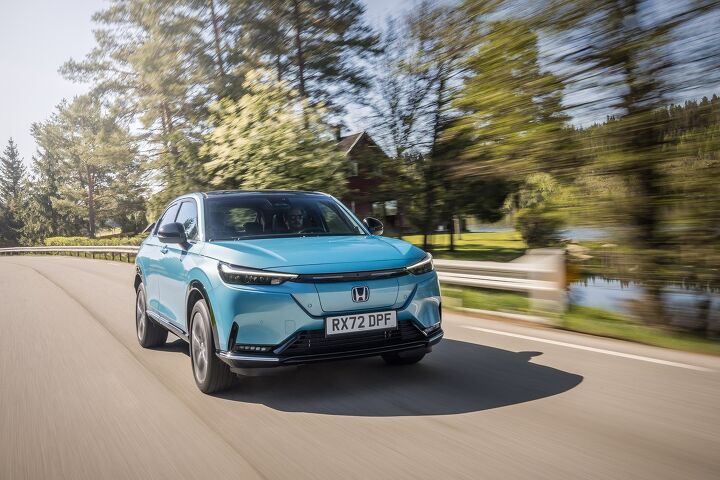
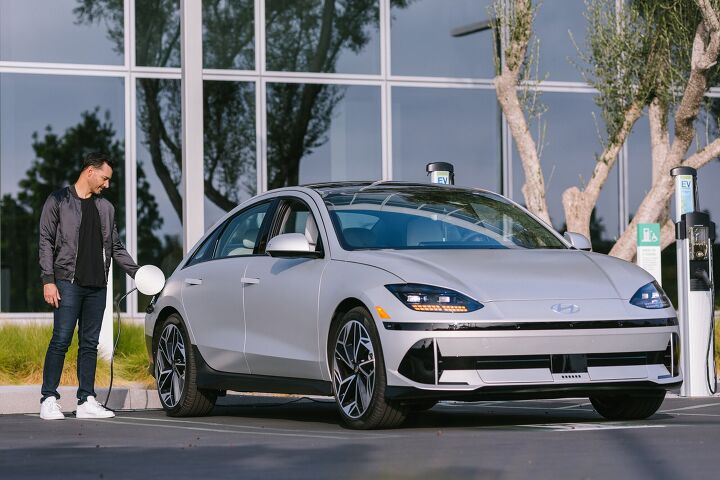
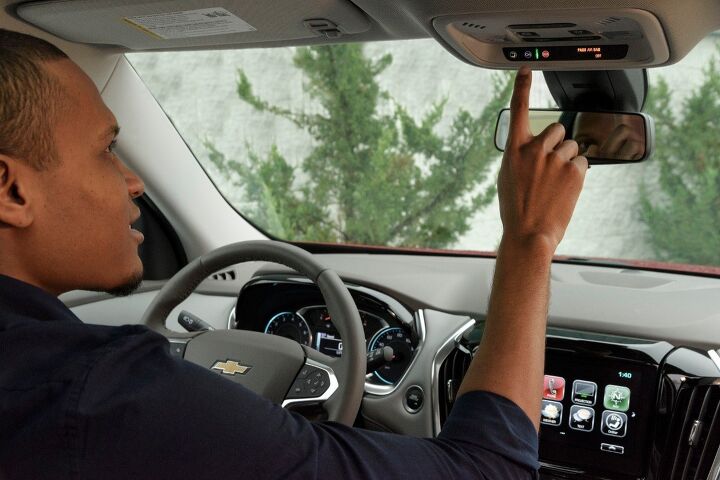
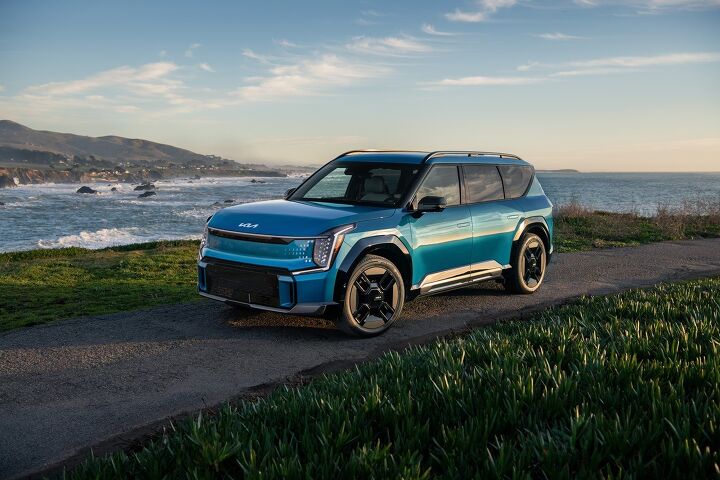


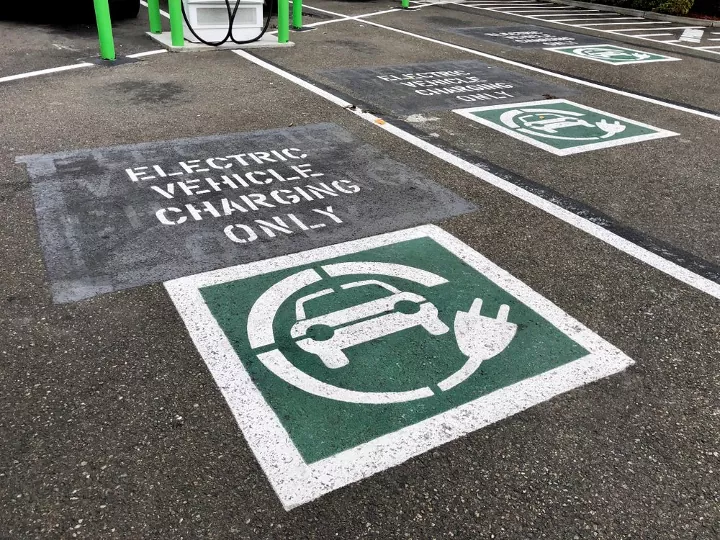

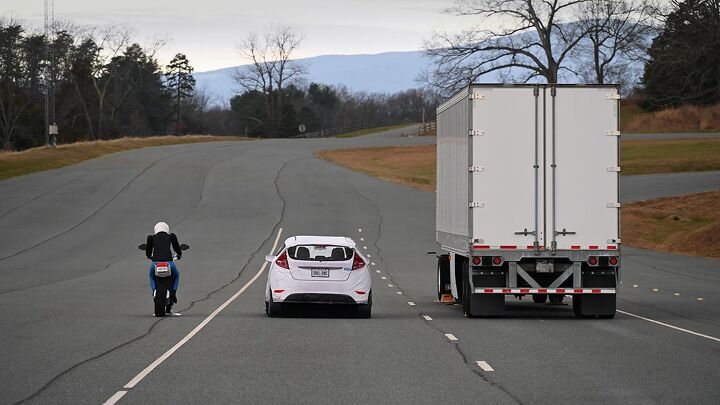
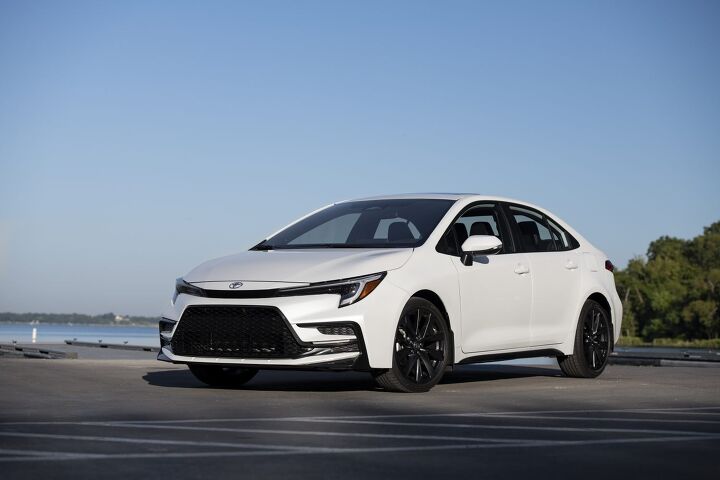

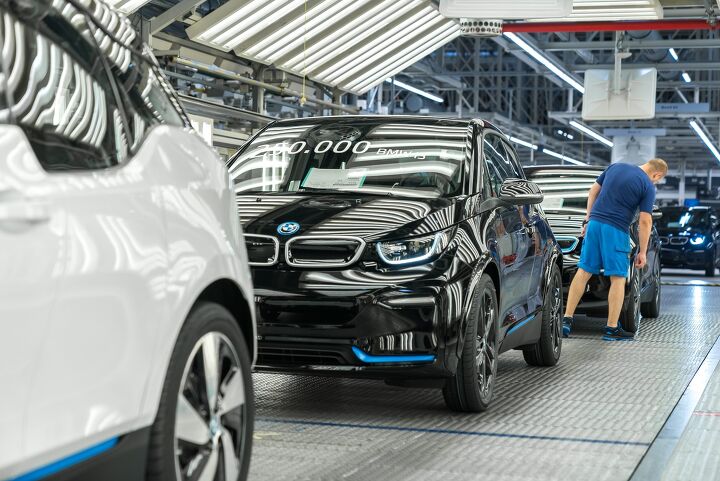
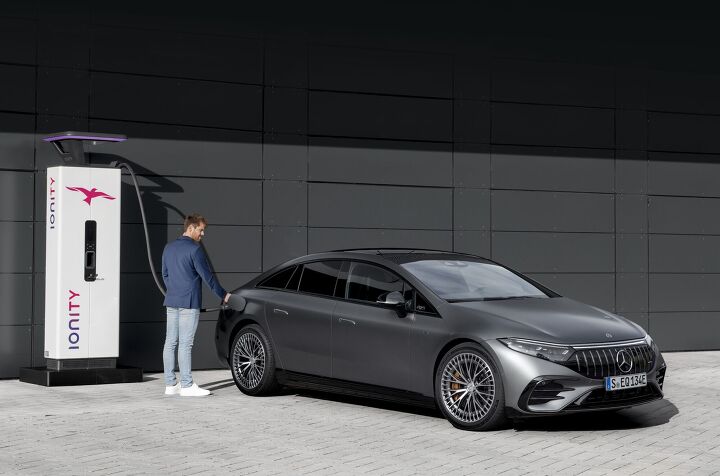














Recent Comments